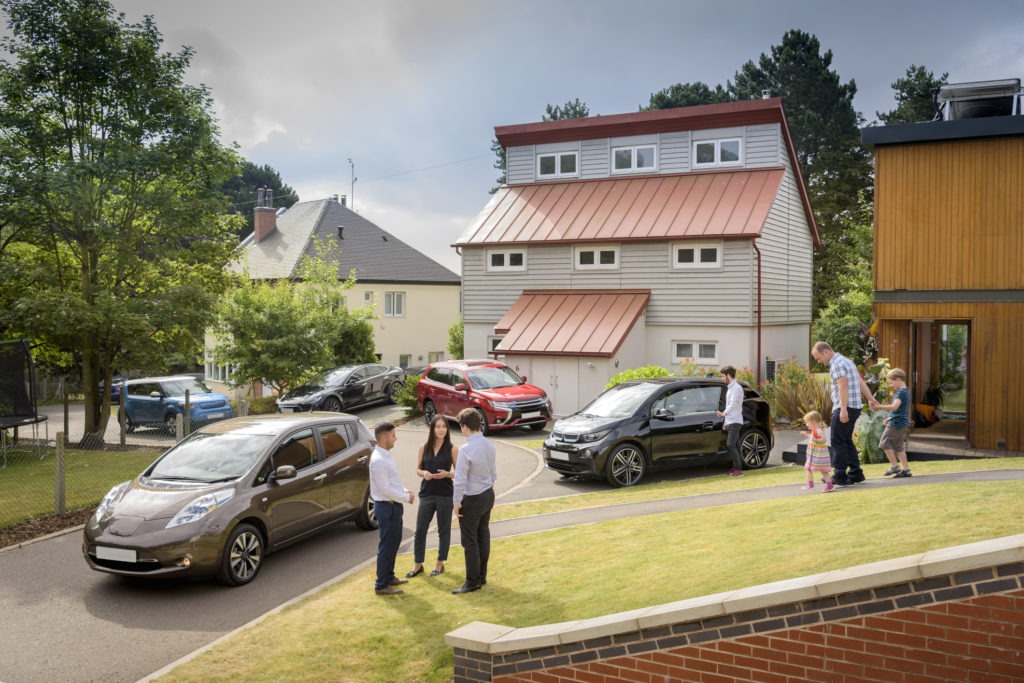Intervention needed as rising EV demand to leave electricity networks unable to cope
13 March 2017

13 March 2017
Following Dieselgate and increasing public awareness of air pollution, electric and hybrid vehicles took centre stage at the Geneva Motor Show. However, the European Union projects that by 2050 electric vehicles (EVs) will have an 80% share of the automotive market, and that for Europe’s electric grids to cope, an additional 150GW of electrical capacity will be needed across the EU.
New research from the Electric Nation project also warns that many local electricity networks in the UK will be unable to charge electric vehicles (EVs) at peak times, despite it being one of the most developed European nations.
It says that in the UK, at least 30% of local electricity infrastructure (cables and substations) would need a £2.2 billion (€2.5 billion) investment to cope with widespread electric transport by 2050. The need to dig up large areas of road in residential areas would also cause widespread disruption and controversy. To solve this problem, the Electric Nation project has been launched to trial a cheaper smart charging solution that slows the charging cycles of EVs at times of electricity network stress.
The move may be controversial with manufacturers, however, as it could reduce the charging speeds of EVs well below their optimum performance at certain times of the day. The project is a joint-funded collaboration between distribution network operator Western Power Distribution (WPD), which covers the UK’s south western areas, and UK government regulator Ofgem’s Network Innovation Allowance. EA Technology is a lead partner for the project.
EA Technology’s director of Smart Interventions Dave Roberts said: ′Many local electricity networks serving our homes were never designed to cope with the demand from large numbers of high capacity EVs. To avoid costly and disruptive upgrading work to cables and substations, a smart solution, as being trialled by Electric Nation, could provide a much cheaper option to ensure we can charge our EVs.’
The project is the largest of its kind, with the trial seeking 500-700 people buying or leasing new EVs, including both pure electric and plug-in hybrids across all brands and models. Those joining the trial receive a free smart charger, and the trial is initially taking place in WPD network areas in England’s Midlands and South West and in South Wales.